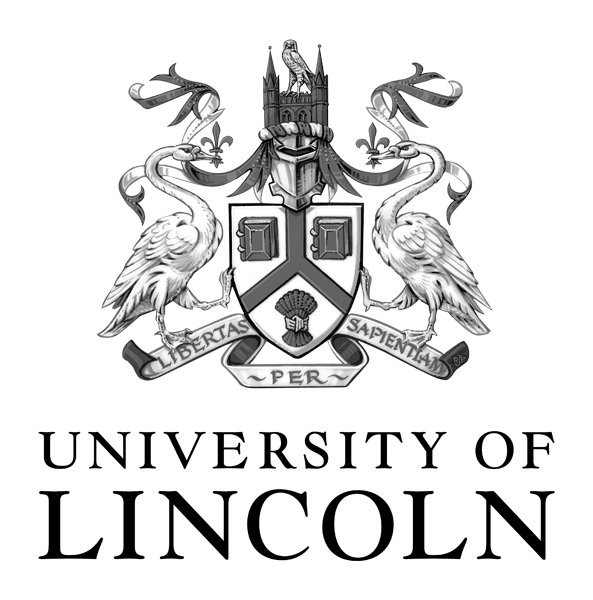As spring arrives, staff and students are being asked to continue to take care while walking between buildings on campus….Continue Reading Health and Safety advice
Category: Administration
University of Lincoln Financial Assistance Fund

We’ve made it easier to get help with your finances! Applications to the University of Lincoln Financial Assistance Fund (ULFAF) can now be made in a number of ways….Continue Reading University of Lincoln Financial Assistance Fund
Public Interest Disclosure (Whistle-Blowing) Policy

The Board of Governors’ Audit Committee has recently updated the University’s Public Interest Disclosure Policy…Continue Reading Public Interest Disclosure (Whistle-Blowing) Policy
Multi-Faith Chaplaincy

The University has a Multi-Faith Chaplaincy service, which offers pastoral care, a confidential listening ear and spiritual support to anyone in our University community…Continue Reading Multi-Faith Chaplaincy
Student workshop: How to Maximise your Employment Potential though Social Media
This bitesize workshop is run by the University’s HR department and aims to give hints and tips on how to make the best use of social media when jobseeking. We will be looking at how employers use social media when recruiting new staff, and what you can do to make yourself stand out to employers…Continue Reading Student workshop: How to Maximise your Employment Potential though Social Media
Code of Practice
Education Act 1994 Code of Practice Under the 1994 Education Act, a university’s governing body has a duty to take such steps as are reasonably practicable to secure that the students’ union operates in a fair and democratic manner and is accountable for its finances. The Act also requires the governing body to prepare and…Continue Reading Code of Practice
Student Travel Survey 2015
Student Travel Survey 2015 is now open. Complete the 2015 Student Travel Survey for the chance to win prizes! We have lots of great prizes to give away. Provide an e-mail address at the end of the survey for a chance to win. The University is required by the Higher Education Statistics Authority to provide…Continue Reading Student Travel Survey 2015
Make the most of your time at Lincoln!
Looking for ways to make the most of your time at uni? We’ve got opportunities to develop your skills and make you more employable. Here at the University of Lincoln, we do things slightly different. We work with you to provide opportunities that get you right to the heart of the uni. There’s 6 opportunities…Continue Reading Make the most of your time at Lincoln!
Summary from the Board of Governors’ meetings in January, March, May, June and July 2015
The Board of Governors met on 29 January, 5 March, 7 May, 5 June and 3 July 2015. The following is a summary of business considered and decisions made at those meetings: The Board received a report on the outcome of the University’s submission to the Research Excellence Framework (REF) 2014 by DVC Professor Owen….Continue Reading Summary from the Board of Governors’ meetings in January, March, May, June and July 2015
Blackboard update w/c 22 June
Please be aware that during the week beginning 22 June we will be making changes to Blackboard in preparation for the academic year 2015-16. There is no major system upgrade this year, and as a result the system will remain available to staff and students throughout the period. There will be changes in design and…Continue Reading Blackboard update w/c 22 June